“We have to retell Malaysian stories and celebrate those different voices, but we don’t have a safe space now because everything is very scary,” she said about attempting to bridge cultural divides.
Nurul Izzah, Anwar’s eldest daughter and a founding member of his Parti Keadilan Rakyat (PKR), said the outrage was enabled by the “green wave” – reflecting the primary colour of the Pan-Malaysian Islamic Party (PAS) – during the 2022 election.
Many Malay voters threw their lot in with PAS, in a rejection of corruption-tainted former ruling party Umno, which for decades was the political vehicle representing the voice and interests of the country’s largest ethnic group.
It was also during the November 2022 polls that Nurul Izzah, 44, suffered her first electoral defeat, losing to a PAS candidate and ending her three straight terms as a member of parliament.
“It was a huge shock. I never lost an election in my life. I remember my mother told me; ‘ your father won the seat when you were two years old’ … that was a difficult burden to carry,” she said.
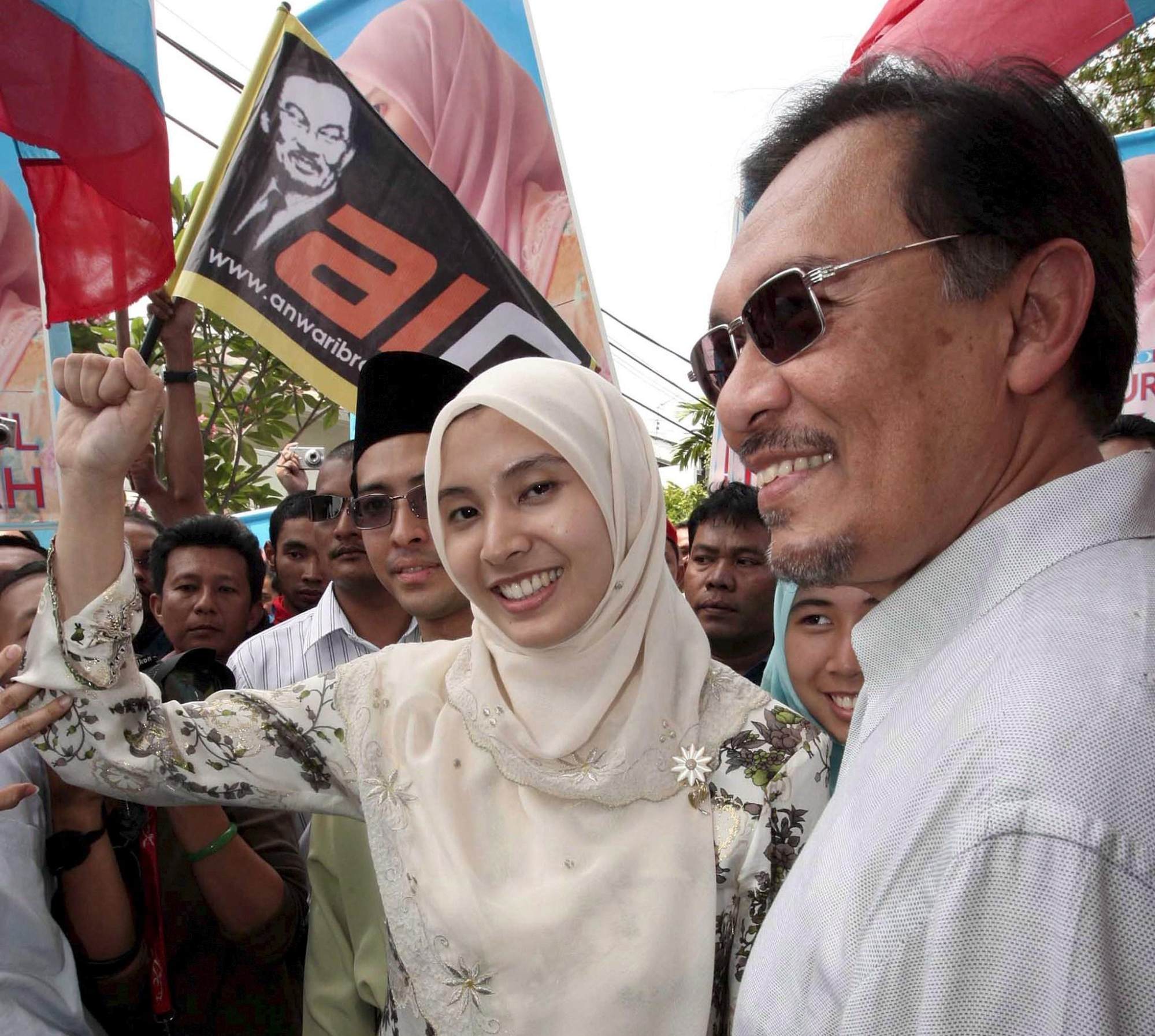
Despite her loss, it didn’t derail her father in his quest to become prime minister.
The fact that Anwar has finally secured his goal also makes Nurul Izzah anxious, as she worries about the toll that the job will take on her 77-year-old father.
“He’s extremely loving, and he showered us with a lot of love and empowerment, support,” she said.
Getting the keys to the castle, however, was only the beginning of a new arc in Malaysia’s fractious politics, as Anwar and his rag-tag unity government – which includes allies and former rivals – struggle to stem the tide of the green wave.
“They always had the edge on the rhetorical stage. You transfer that rhetorical art form onto social media, and it provides for a very effective tool,” she said.
“You had this momentum that grew in the last two weeks of the elections … we didn’t see that coming, that caught us off guard.”
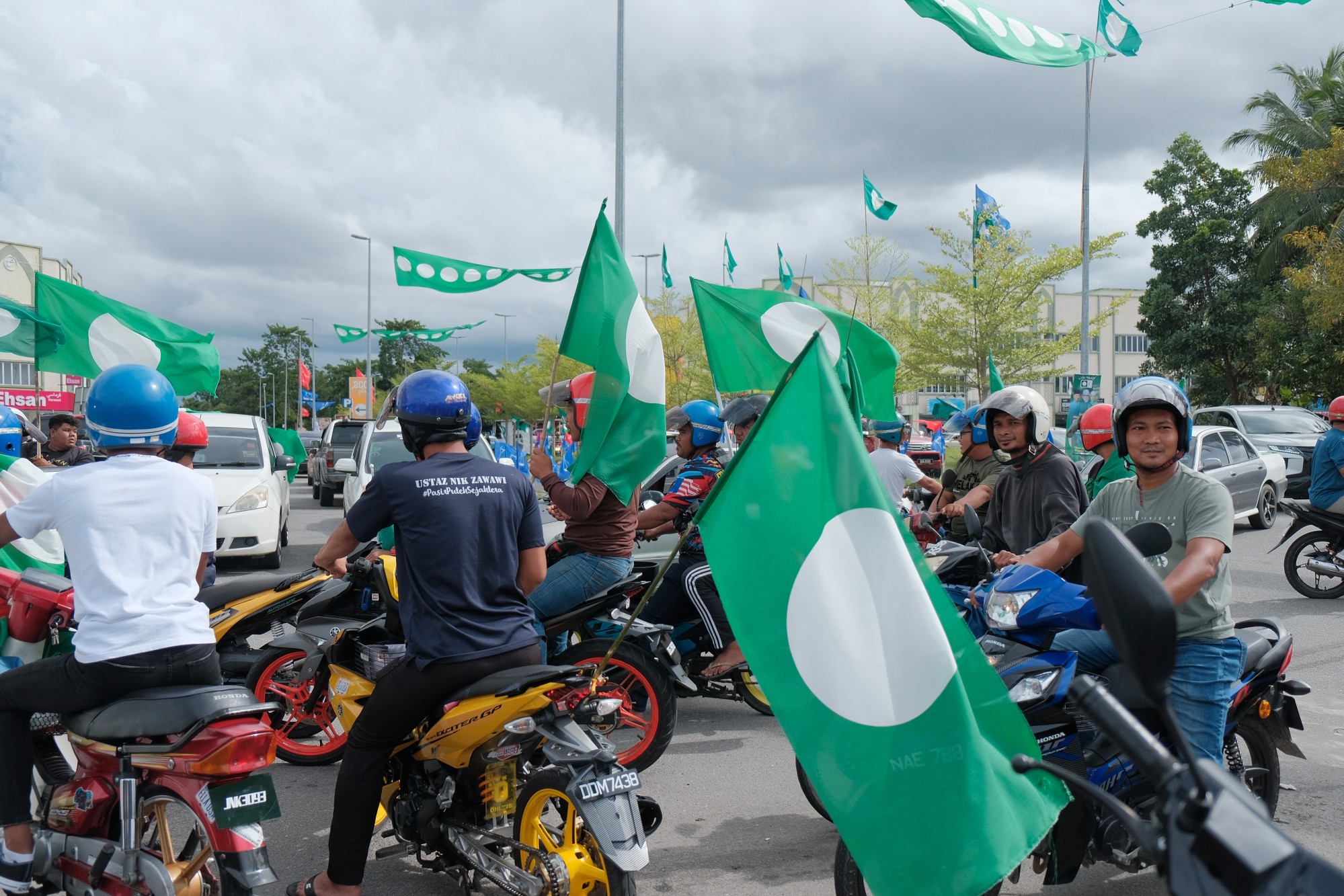
Nurul Izzah said the deepening social divide in Malaysia matched a growing trend across the world, with increased evidence of resistance to globalisation and the abandonment of universal values of justice and fairness.
She said she thought it was unconscionable that certain parties could completely ignore the international rule of law and the United Nations without so much as a slap on the wrist.
Nurul Izzah did not say who she was referring to, but Malaysia has long been a supporter of the Palestinian cause. Anwar has been among the most vocal critics of Israel’s ongoing war on Gaza, which has killed more than 34,000 people to date.
Israel has faced sustained global condemnation and warnings from both the UN and the International Court of Justice that it had likely committed genocide in its war on Gaza, which is now in its seventh month.
“My fear is so much of the world has lost its moral bearing,” Nurul Izzah said.
“More the reason, I feel, that we always have to do the right thing. Just because people don’t, doesn’t mean you have to follow that path.”
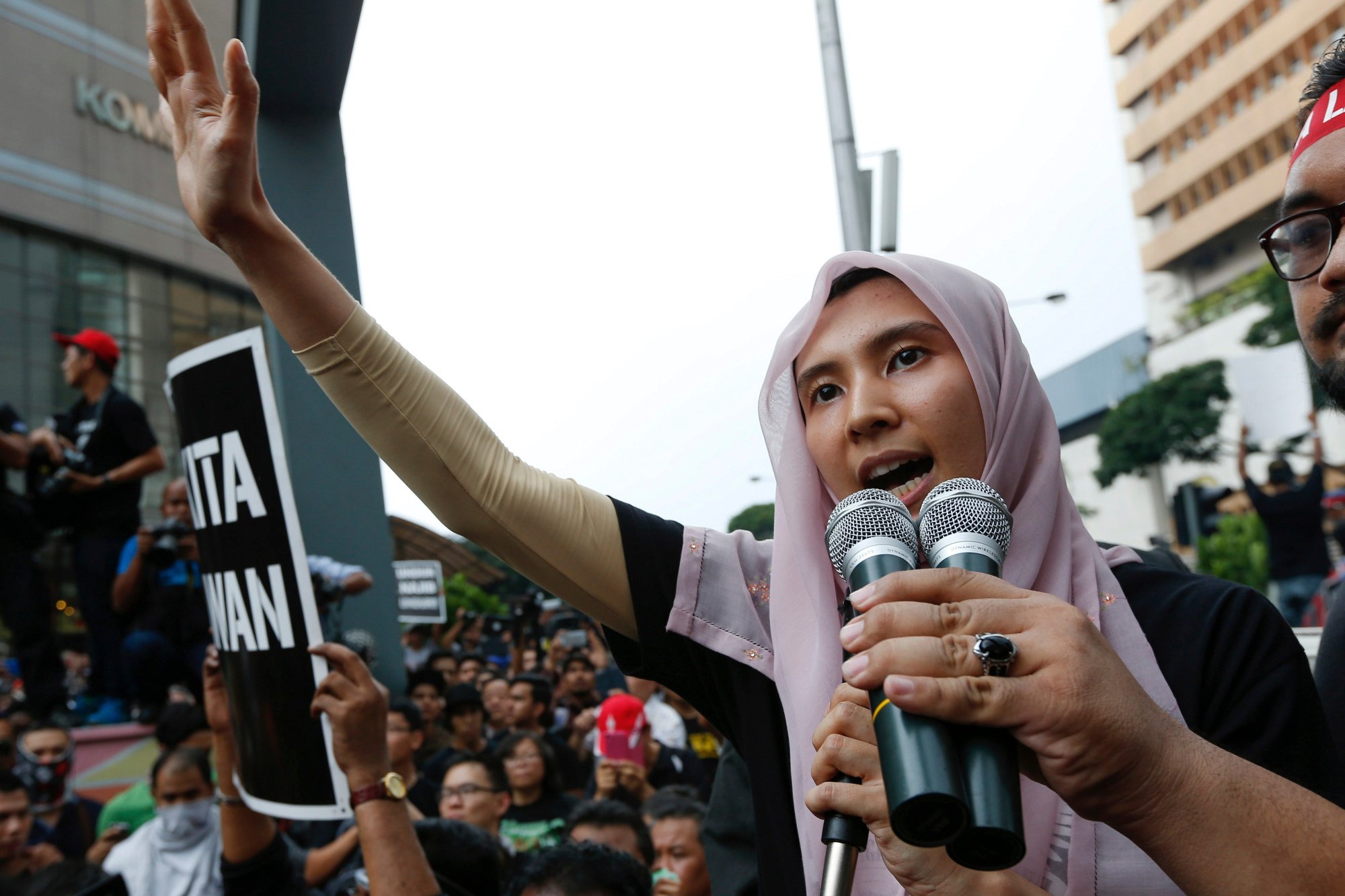
That moral imperative must steer PKR and its leaders as they decide the future direction of the party, according to Nurul Izzah. PKR is celebrating its 25th anniversary this year, having achieved one of its key goals of putting Anwar into high office.
But critics say the party has failed to live up to its promise of reforms, seeing Anwar as pandering to conservatives in an attempt to muster support for himself and his administration from a Malay majority wary of any talk of multiculturalism.
Mahathir has been blamed for his former deputy’s jailing on corruption and sodomy charges that year, the first of two long stints in jail for Anwar. The current prime minister and his supporters deny any wrongdoing.
Recounting the early years of PKR’s Reformasi movement – Anwar’s clarion call to reform what he described then as the corrupt public and political system perpetuated by Mahathir – Nurul Izzah said it was a complete sea change from her once quiet and comfortable life as a young woman still undecided about what to study in university.
She had not even turned 18 when her life, and that of her family’s, were completely upended by her father’s sudden sacking and subsequent criminal persecution.
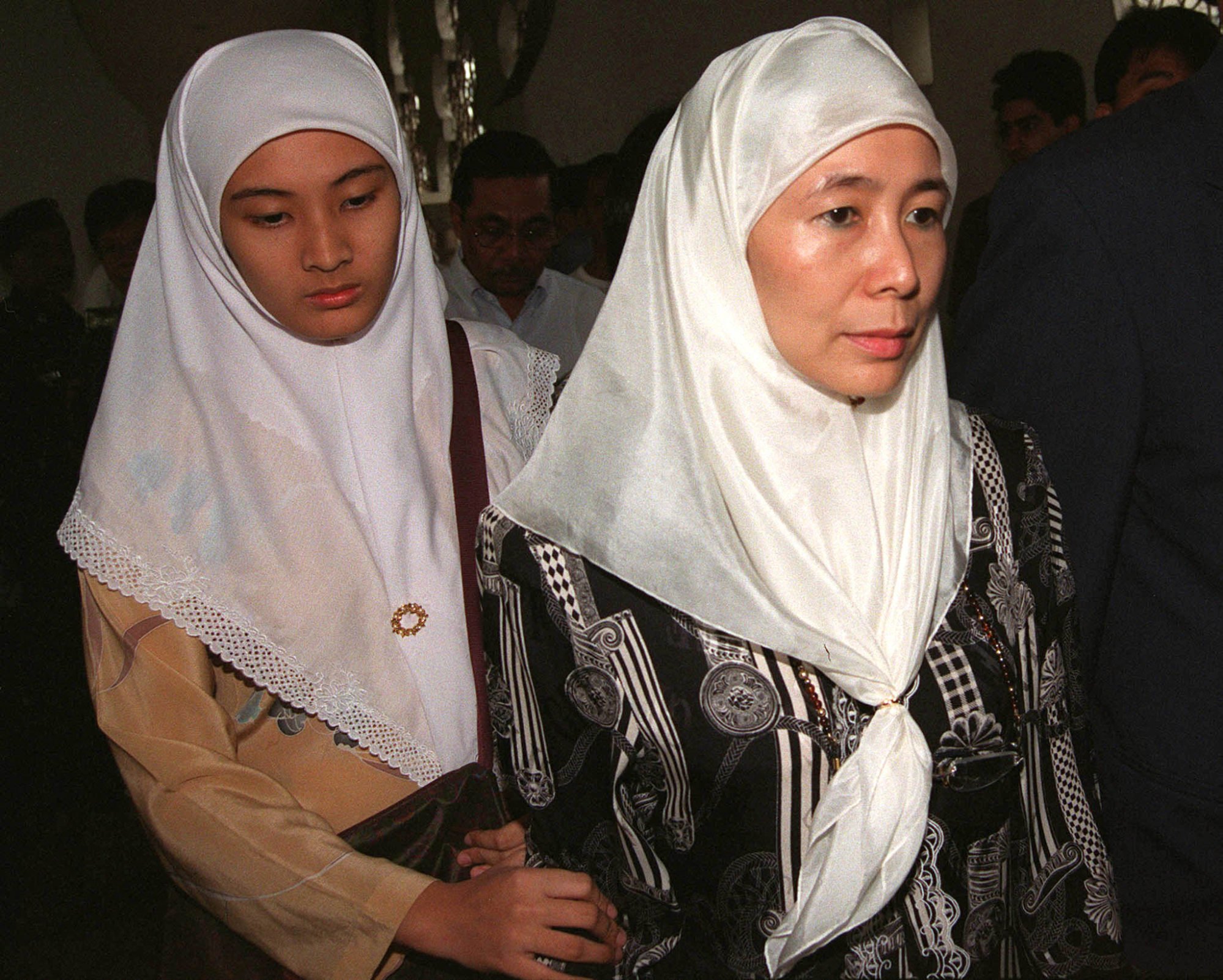
“I came from a very sheltered family background, an Assunta girl, and was quite the introvert,” Nurul Izzah said, referring to her high school in a suburb in the outskirts of capital city Kuala Lumpur.
“When you are thrust into the public eye, and you had to carry on this massive political movement, it was a very steep learning curve. It was very hard to nurture a healthy dose of optimism, but it was important to do so.”
While she started out as a reluctant politician, Nurul Izzah – once hailed as “Puteri Reformasi” or the Princess of Reform – said she had “to own it” if she was serious about pursuing her goals of meaningful change.
In that time, she completed an engineering degree and later earned a master’s in international relations, became a mother to a son and daughter from a previous marriage and expanded her family to include a third son after tying the knot again recently.
But making a conscious decision to make politics her vocation was the reason losing the Permatang Pauh seat in the 2022 election threw her off balance.
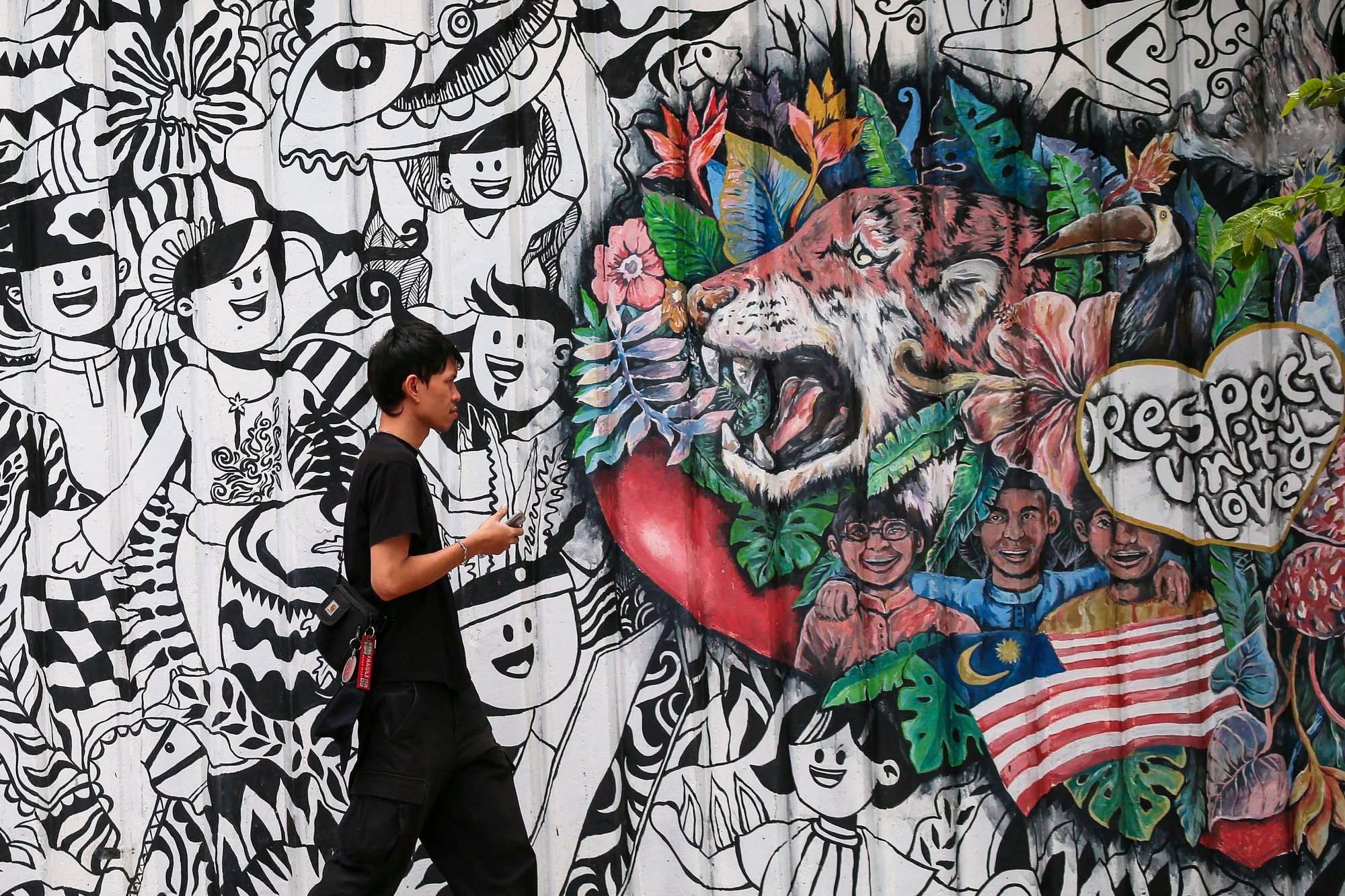
It did not take long for her to recover from the shock defeat, however. Taking a break from politics, she now chairs a think tank on economic and social inequality and assists in a newly formed policy advisory committee to the prime minister.
Nurul Izzah did not discount the possibility of contesting the next election if asked by the party, but stressed that it was more important for PKR to focus on staying relevant and living up to its founding principles of justice and equality in multiracial Malaysia.
Much work still needs to be done to address social and economic disparities across race and class, which she says feeds the growing polarisation that keeps her up at night.
“I think that our job is to provide that bridge to manage the different divides. That’s why I joined the party in the first place,” she added.

